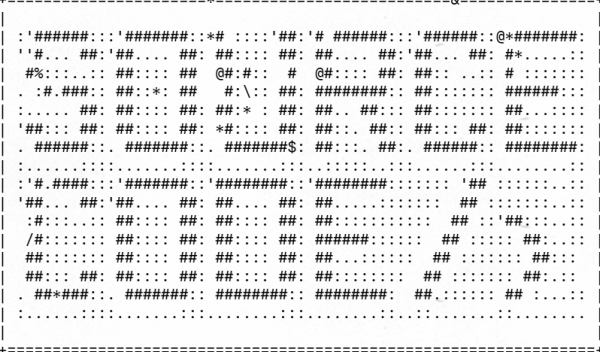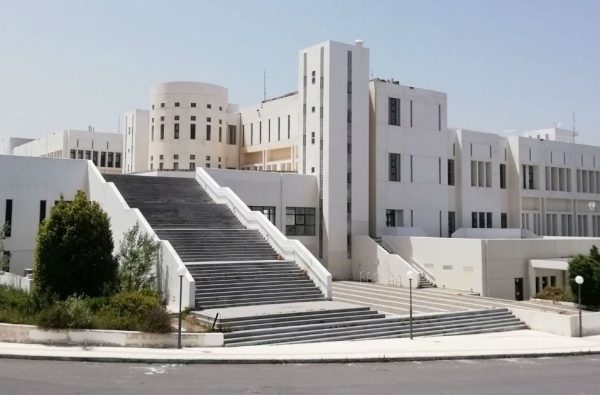
Following the minor reshuffle announced by Prime Minister Kyriakos Mitsotakis on Friday, the new Cabinet convened Saturday morning in the aftermath of the European election results.
PM Mitsotakis made an extensive reference to the elections, stressing how his party – which earned 28.1% of the total votes – had fallen short of the initial target set – above 30% and also commented on the high abstention rate.
Nevertheless, he emphasized how, despite the setback, New Democracy is still in the lead and that Greece remains a pillar of stability in Europe.
He called for a period of “comprehensive rebooting” and outlined salary increases, changes in the health and education sectors and the fight against inflation as the government’s four priorities.
“Our citizens essentially demanded more work and fewer mistakes, with better results and fewer delays” he mentioned, adding that attention is required even on daily decisions and behavior.
“This government sees its weaknesses head-on and overcomes them,” he noted.
PM Mitsotakis commented on Friday’s reshuffle saying that any changes to the composition are determined by the existing needs and an effort to increase productivity.
“We need a team of fighters with a central purpose in each policy area they oversee, to have visible results within a specified timeframe. The key to success is dedication and hard work,” he said, and mentioned that he will be strict, just like the citizens.
He concluded, saying that “Reform means leaving an imprint on daily life, convincing even the most skeptical citizens of our intentions, while simultaneously building the strong Greece we deserve. A homeland strong at the heart of Europe, with a fundamentally upgraded healthcare system, an economy where unemployment will continue to decrease and wages will continue to rise. Our efforts on a European scale will also commence in this new five-year cycle, during which much will be judged. The competitiveness of the European economy, the continuation of a strict, yet fair, migration policy, and support for Greek businesses. In this ever-changing environment, adapting the Common Agricultural Policy to the realities of the climate crisis on the one hand, and the need to support the income of our farmers on the other, demographics, and a unified defense policy.”
Source: tovima.com
Latest News

PM Mitsotakis to Chair New Democracy’s Committee Meeting
Today’s meeting is seen as a crucial opportunity to halt internal disputes within ND and reaffirm unity within the party.

Trump Tariffs Jeopardize Growth: Piraeus Chamber of Commerce
The tariffs, aimed at reducing the U.S. trade deficit, are expected to have both direct and indirect effects on the European economy

EU Condemns Trump Tariffs, Prepares to Retaliate
As tensions escalate, the EU is expected to continue negotiations with Washington while preparing for potential economic retaliation.

The Likely Impact of Trump Tariffs on Europe and Greece
Trump tariffs are expected to negatively affect economic growth in the Eurozone while Greece's exports could take a hit.

Motor Oil Results for 2024: Adjusted EBITDA of 995 mln€; Proposed Dividend of 1.4€ Per Share
Adjusted EBITDA for 2024 was down 33% yoy. The adjusted profit after tax for 2024 stood at 504 million euros, a 43% decrease from the previous year

Cost of Living: Why Greece’s 3% Inflation Is Raising Alarm
Greece appears to be in a more difficult position when it comes to price hikes, just as we enter the era of Trump’s tariffs.

Fitch Ratings Upgrades the Four Greek Systemic Banks
NBG’s upgrade reflects the bank’s ongoing improvements in its credit profile, Fitch notes in its report, including strong profitability, a reduction in non-performing exposures (NPEs), and lower credit losses

Trump to Announce Sweeping New Tariffs Wednesday, Global Retaliation Expected
With Trump's announcement just hours away, markets, businesses, and foreign governments are bracing for the fallout of one of the most aggressive shifts in U.S. trade policy in decades.

Inflation in Greece at 3.1% in March, Eurostat Reports
Average inflation in the eurozone settled at 2.2%, compared to 2.3% in February

Greece’s Unemployment Rate Drops to 8.6% in February
Despite the overall decline, unemployment remains higher among women and young people.










































 Αριθμός Πιστοποίησης
Αριθμός Πιστοποίησης